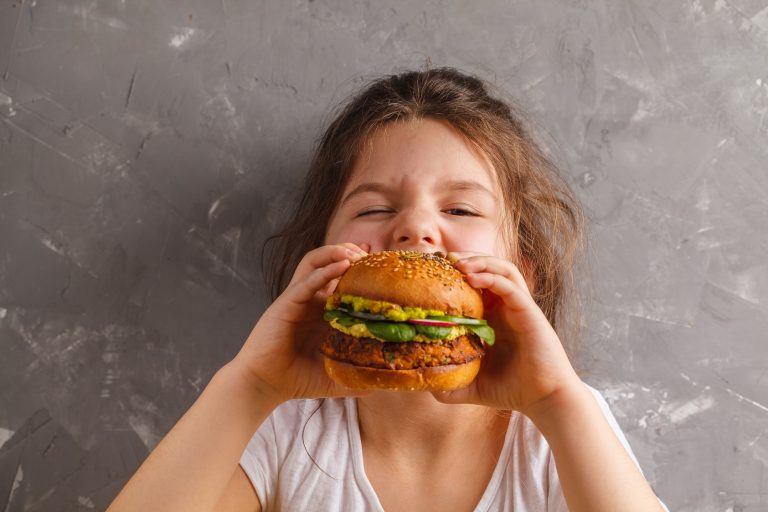
Its chief executive officer and president, Fabrice Bohin, told FoodNavigator the company is witnessing a dramatic change in the mindset of its customers, who are increasingly concerned about the origin of the products that they buy, its ‘naturality’ and ‘sustainability value proposition’.
“I can really see a paradigm shift,” he said. “They [manufacturers] are more concerned about trust in the supplier and its ability to have been able to cope during this crisis. Also, the type of raw material it is using, where it comes from and its traceability are becoming even more important than before.”
Algaia is focussed on producing specialist seaweed ingredients. But Bohin said COVID-19 had shifted the dynamics of the whole marketplace.
“When they were using products from Chinese origin, they are looking for an alternative now. They want to really be able to trust the supply chain and the traceability [of ingredients].”
Manufacturers, he said, are also ready to pay more for more reliable supply chains and greater levels of transparency. “Clearly they want their products to be more and more coming from established, developed countries having the type of regulation that they have themselves.”
The coronavirus era, meanwhile, will mean consumers paying even more attention to the quality, provenance, health credentials, and even packaging, of food.
“I think consumers are going to be even more careful about what they eat,” he said. “They may eat less, but with higher quality. They will be extremely careful about the health benefits that food can bring. People are going to look at food and think ‘how do I make sure that what I eat is good for me?’”
“If you know that a food contains a lot of vitamin C, for example, or things that are improving your immune system, don’t you think you’d have a tendency to buy that to make you and your family potentially stronger in case of a second wave or a new virus coming? Everyone agrees this is not a crisis: it’s a new world.”
Algaia has recorded triple-digit growth in active ingredients used in plant care
Bohin’s comments come as the company accelerates growth with new product lines after announcing completion of a €2.2m investment round. In 2019, Algaia recorded a 17% sales growth. It has seen additional 25% sales growth over the first four months of 2020 and triple-digit growth in active ingredients for plant health. It added that 30% of sales comes from new products.
“After COVID we’ve seen even stronger growth due to the fact that seaweed extracts are getting more and more popular in the recipes of the food manufacturers,” said Bohin.
New innovations to improve structure in plant-based burgers and Cordon blue cheese
Algaia said its main growth engine is a new range of seaweed-based texturing solutions named VegAlg, designed to contribute shape and structure, and add juiciness to plant-based burgers. One product under the VegAlg umbrella is called Algogel, which uses alginates derived from seaweed to form a stable structure, which ‘leads to enhanced texture and flavour resulting in a juicy veggie burger that consumers crave,’ the company claimed.
Another new line from Algaia, called Satialgine, uses alginates in combination with carrageenans extracted from fresh Chilean seaweed. This product is designed to improve the functionality of cheese in cordon bleu dishes. It can potentially also be used as a stabilser in processed cheese: cream cheese, jar cheese and spreadable cheese; flan & panna cotta and neutral dairy mousse.
“A prepared meal like cordon bleu has been particularly popular during the COVID-19 crisis when people were cooking at home. Cordon bleu is a very convenient dish, highly appreciated by both adults and kids,” explained Algaia’s application manager, Fabien Canivet.
“Our new portfolio increases the cheese shelf life, adds enhanced meltability and resistance to separation during the cooking phase, allowing for a uniform look and feel. It also reduces the tendency for tiny fat globules in the cheese to coalesce and pool on the surface. The structural functionality improves sliceability as well as thermostability. Satialgine can be applied to other dairy applications as well.”
Algaia works with local fishermen to harvest brown algae close to its plant in Brittany, France, which it said ensures a constant fresh local and renewable supply of seaweed biomass.
“We can already see a shift toward sustainable products like seaweed extracts as consumers seek more sustainable, locally sourced ingredients,” added Algaia’s business development manager Frederic Faure. “They want suppliers they can trust and who have been able to come forward and maintain reliability during this unique situation.”
He added: “The COVID-19 breakout is creating a paradigm shift toward even more traceable, secured food solutions that are in line with our new seaweed portfolio and long-term sustainability strategy.”